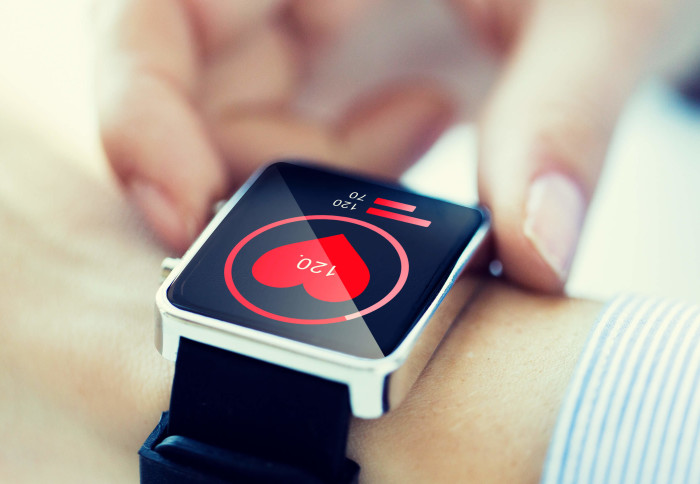Academic and policy leaders debate future of wearable technologies

The wearable device industry is rapidly expanding, predominantly down to the growth of health and fitness monitoring devices.
The Institute for Molecular Science and Engineering has published a Briefing Paper that looks at the next generation of wearable devices.
Over the past year, the Institute for Molecular Science and Engineering (IMSE) has been bringing together scientists, engineers and medics from across Imperial College London to discuss what wearable devices of the future might look like.
Lack of regulation
One of the main findings of the paper is that the divide between "wellness" devices that encourage a healthy lifestyle (for example the Apple Watch or Fitbit) and medical devices are beginning to blur. A good example of this is that recent series of the Apple Watch have received medical approval to monitor atrial fibrillation - a heart condition that causes an irregular and often abnormally fast heart rate.
However, there is currently a lack of regulation for wellness devices. One example of this is that no current legislation exists to stop companies from collecting data from each user, which can be used in targeted advertisements and product development. If future wearables can monitor more about us, then this lack of regulation could lead to more and more personal data being susceptible to misuse.
Panel discussion
In a joint event between IMSE and The Forum, representatives from the Medicines and Healthcare products Regulatory Agency (MHRA), the Information Commisioner's Office and researchers from Imperial discussed how clear guidance on wellness devices is needed now.
The introduction of clear legislation that requires commercial companies inform the user exactly how their personal data will be used, and seek the user’s permission to the use of their data. Dr Nejra van Zalk Lecturer, Dyson School of Design Engineering
One of the panellists, Dr Nejra van Zalk, a Lecturer in the Dyson School of Design Engineering, outlined how wellness devices, and apps, are currently a "Wild West" in terms of regulation. She also argued that such guidance should be published in a form that can be understood by non-specialist audiences such as app developers.
The panel agreed that future guidance and regulation should involve a multidisciplinary approach that includes regulators, wearable tech companies, academia and medical professionals working together.
You can view the launch of the paper here.
The future is (bio)chemical
The event also heard from Dr Firat Güder, Senior Lecturer in the Department of Bioengineering, who discussed how biochemical sensors will allow wearables measure more about us over the next decade.
 One promising area of research is microneedles. Microneedles penetrate the outer layer of skin to gain access to the fluid underneath. This minimally invasive technique allows for more in-depth analysis of the body. These patches are worn in a similar way to a plaster and leave little imprint upon removal making them ideal for point-of-care analysis.
One promising area of research is microneedles. Microneedles penetrate the outer layer of skin to gain access to the fluid underneath. This minimally invasive technique allows for more in-depth analysis of the body. These patches are worn in a similar way to a plaster and leave little imprint upon removal making them ideal for point-of-care analysis.
You can read the full Briefing Paper on the Future of Wearable Technologies here.
Article text (excluding photos or graphics) © Imperial College London.
Photos and graphics subject to third party copyright used with permission or © Imperial College London.
Reporter
Dr Kieran Brophy
Faculty of Engineering
George Hope
Office of the President